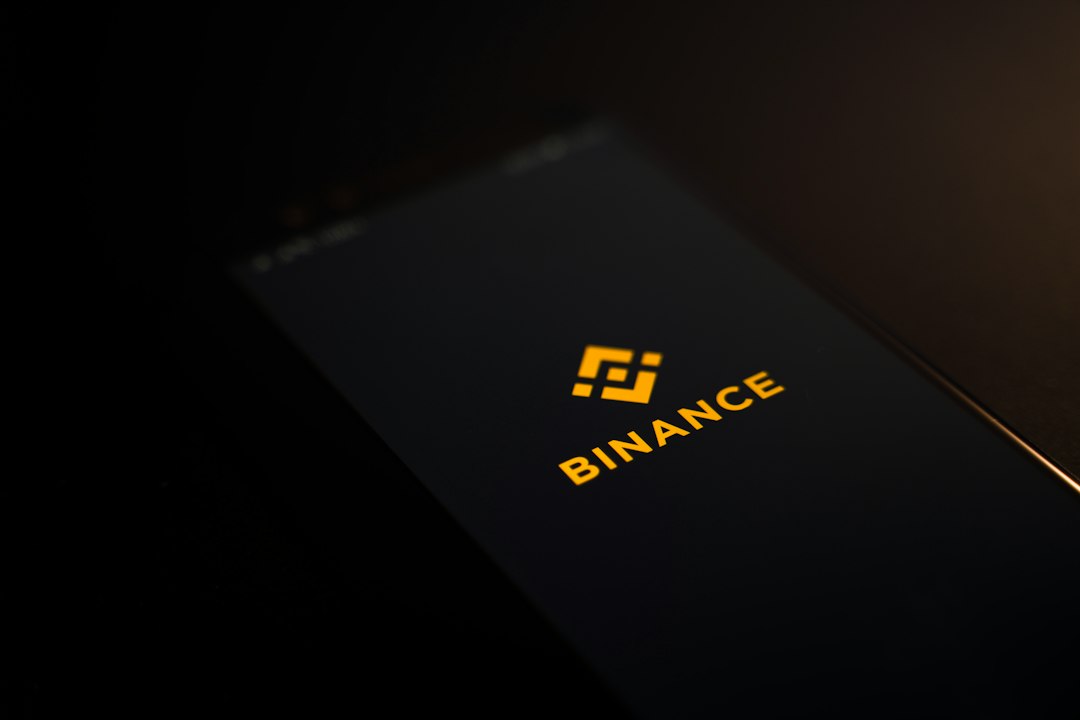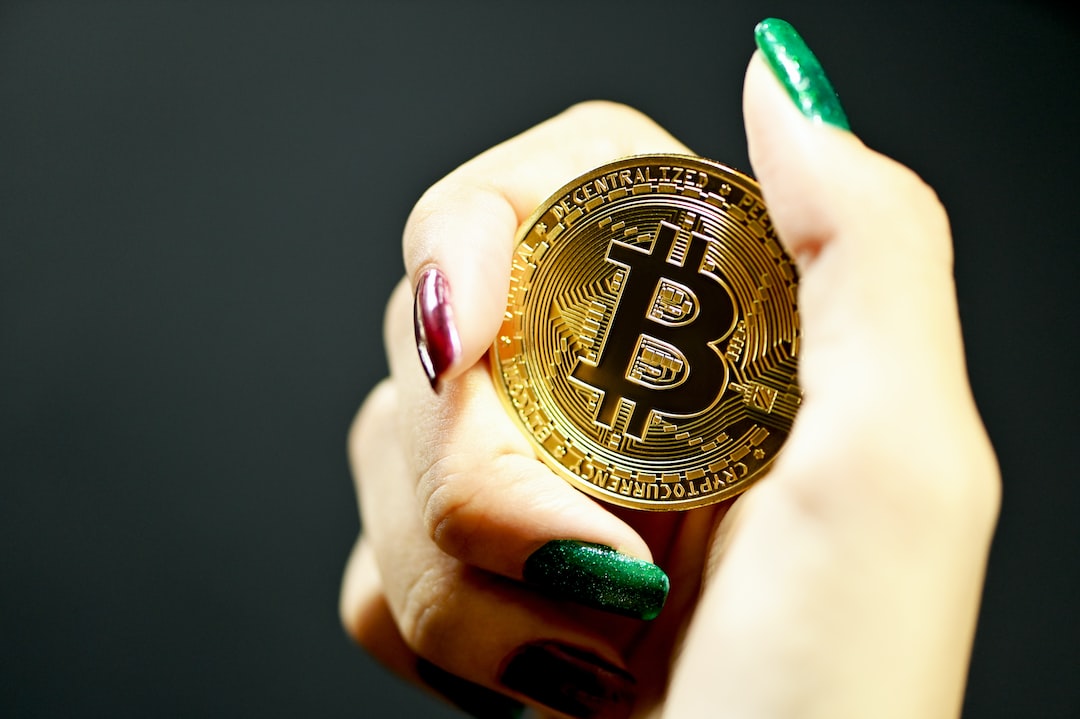Binance Allegedly Involved in Facilitating Transfers to Blacklisted Russian Lenders
Binance, the world’s largest cryptocurrency exchange, has come under criticism for allegedly facilitating transfers to and from blacklisted Russian lenders. The exchange reportedly offered its customers the option to use sanctioned Russian banks for processing payments in peer-to-peer transactions. However, Binance denies any association with Russian banks and emphasizes its adherence to global sanctions rules.
Key Points:
- Binance Angels allegedly informed users that the exchange was not imposing trading limits on Russian clients.
- Binance spokesperson denies involvement with Russian banks and participation in the peer-to-peer program.
- Peer-to-peer transactions involve direct buying and selling of cryptocurrencies between individuals.
- Binance’s alleged efforts to circumvent Western sanctions add to the growing list of allegations against the exchange.
- The exchange is facing legal battles with the CFTC and SEC, with accusations of operating an unregistered exchange and offering unregistered securities.
Binance Faces Increasing Regulatory Hurdles
Binance’s alleged involvement with blacklisted Russian lenders is just one of several regulatory hurdles the exchange is currently facing. The SEC has sued Binance and its CEO, Changpeng Zhao, for violating securities laws and operating an unregistered exchange. The CFTC has also accused Binance of aiding US customers in evading trading restrictions. Rumors of a potential indictment by the US Department of Justice against Zhao and Binance for anti-money laundering violations have circulated, leading to the resignation of several top Binance executives.
Hot Take:
Binance’s continuous legal battles and regulatory scrutiny raise concerns about its compliance practices and reputation. While Binance remains active in the crypto space through its venture capital arm, the company’s involvement with blacklisted Russian banks and alleged violations of securities laws contribute to the overall uncertainty surrounding the exchange.





 By
By
 By
By


 By
By
 By
By